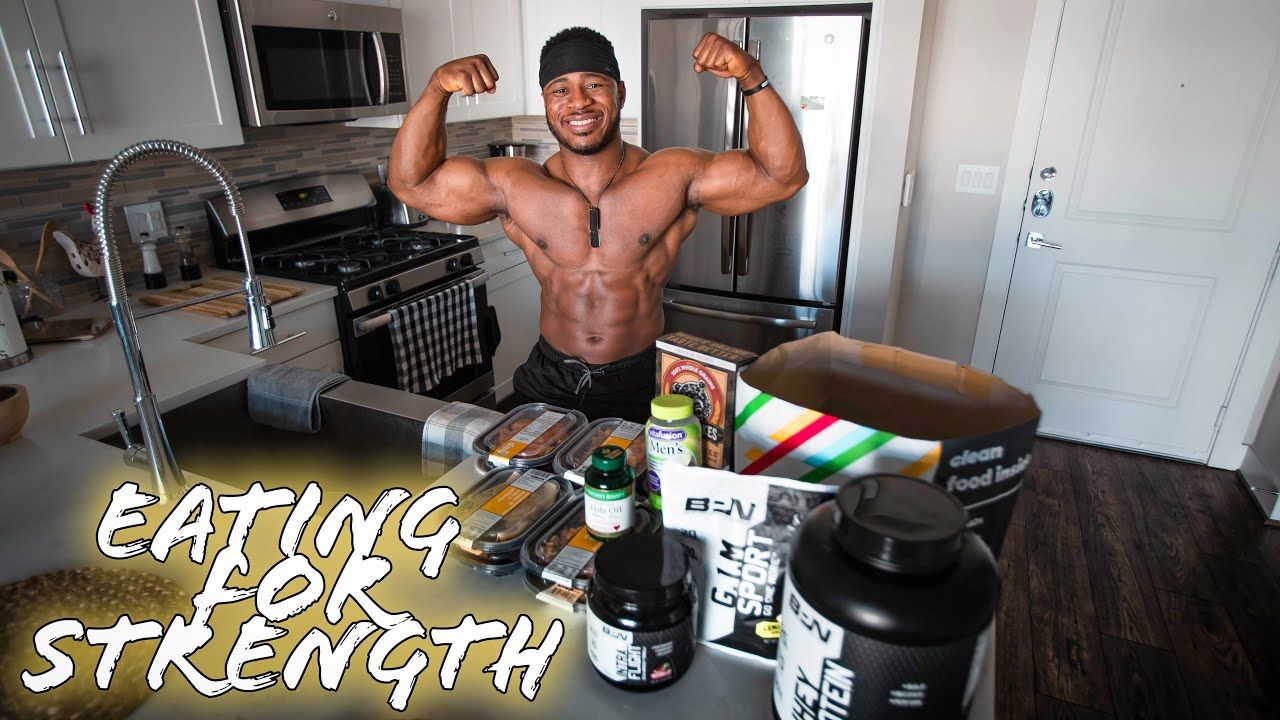Powerlifting is an intense sport that requires strength, power, and endurance. To excel in this demanding activity, it is crucial for powerlifters to prioritize their nutrition. Proper nutrition not only fuels their gains in strength and muscle mass but also plays a vital role in their recovery. In this article, we will explore the key elements of nutrition that powerlifters should focus on to optimize their performance and achieve their goals.
The Basics: Calories and Macronutrients
As powerlifting involves rigorous training sessions and high energy expenditure, consuming enough calories is essential for optimal performance. Calculating your total daily energy expenditure (TDEE) and ensuring you meet that caloric requirement is a good starting point.
The macronutrients – protein, carbohydrates, and fats – are the building blocks of your nutrition plan. Protein is particularly crucial for powerlifters as it supports muscle growth and repair. Aim for a daily intake of around 1.6 to 2.2 grams of protein per kilogram of body weight. Good sources include lean meats, poultry, fish, eggs, dairy products, and plant-based alternatives like legumes and tofu.
Carbohydrates are the primary source of fuel for intense training sessions. Complex carbohydrates like whole grains, fruits, and vegetables should make up a significant portion of your diet. Prioritize consuming them before and after workouts, as they aid in energy replenishment and muscle glycogen restoration. Additionally, carbohydrates can help prevent muscle breakdown during prolonged training sessions.
Fats are an essential component of your diet as they support various bodily functions and provide a concentrated source of energy. Opt for healthy fats such as avocados, nuts, seeds, and olive oil. However, be mindful of portion sizes, as fats are calorie-dense.
Timing Your Meals
When it comes to maximizing performance and recovery, meal timing is key. Aim to eat a balanced meal that includes protein, carbohydrates, and fats around 2-3 hours before your training session. This allows ample time for digestion and absorption, providing you with sustained energy during your workout.
Post-workout nutrition is critical for muscle recovery and growth. Within 30 minutes to an hour after training, consume a post-workout meal or snack that focuses on high-quality protein and fast-digesting carbohydrates. This combination helps replenish glycogen stores, repair damaged muscle tissues, and kick-start the recovery process.
Additionally, spacing out your meals throughout the day, consuming smaller, frequent meals can help optimize nutrient absorption and maintain a steady energy supply. This approach prevents dips in blood sugar levels and helps avoid overeating during a single meal.
Hydration: Powerlifters’ Secret Weapon
Proper hydration is often overlooked but plays a significant role in powerlifting. Dehydration can hinder performance, reduce strength, and increase fatigue levels. To stay hydrated, aim to drink water consistently throughout the day, even when not in training.
During strenuous workouts, consider consuming an electrolyte-enhanced sports drink to replenish the minerals lost through sweat. Electrolytes, such as sodium and potassium, help maintain fluid balance, muscle function, and nerve signaling. Remember to monitor your urine color as a basic indicator of hydration – the lighter, the better.
The Importance of Micronutrients
While macronutrients take center stage, micronutrients are equally important for powerlifters. Micronutrients, including vitamins and minerals, are essential for various physiological processes, energy production, and maintaining overall health.
Aim for a well-rounded diet that includes a variety of fruits, vegetables, whole grains, and lean proteins. These foods provide a wide range of micronutrients necessary for optimal health and performance. In some cases, dietary supplements may be necessary to fill any nutritional gaps, but it is important to consult with a healthcare professional to determine your specific needs.
Recovery and Nutrition
Rest and recovery are crucial components of any successful powerlifting routine. Nutrition plays a vital role in the recovery process, helping repair damaged muscle tissues and replenish energy stores.
Consuming a post-workout meal or snack that includes protein and carbohydrates helps jumpstart the recovery process. Additionally, ensuring an adequate intake of protein throughout the day helps promote muscle repair and growth.
Furthermore, sleep is another critical aspect of recovery. Aim for 7-9 hours of quality sleep each night to support optimal physical and mental performance. Consistency in sleep patterns is also essential in establishing a healthy recovery routine.
Summary
Nutrition plays a fundamental role in fueling powerlifters’ gains and optimizing their recovery. Prioritize consuming enough calories, focusing on the right balance of macronutrients, and timing your meals for maximum results. Remember to stay properly hydrated, pay attention to micronutrient intake, and prioritize rest and recovery through adequate sleep. By paying attention to these key nutrition elements, powerlifters can enhance their performance, prevent injuries, and achieve their desired goals.
